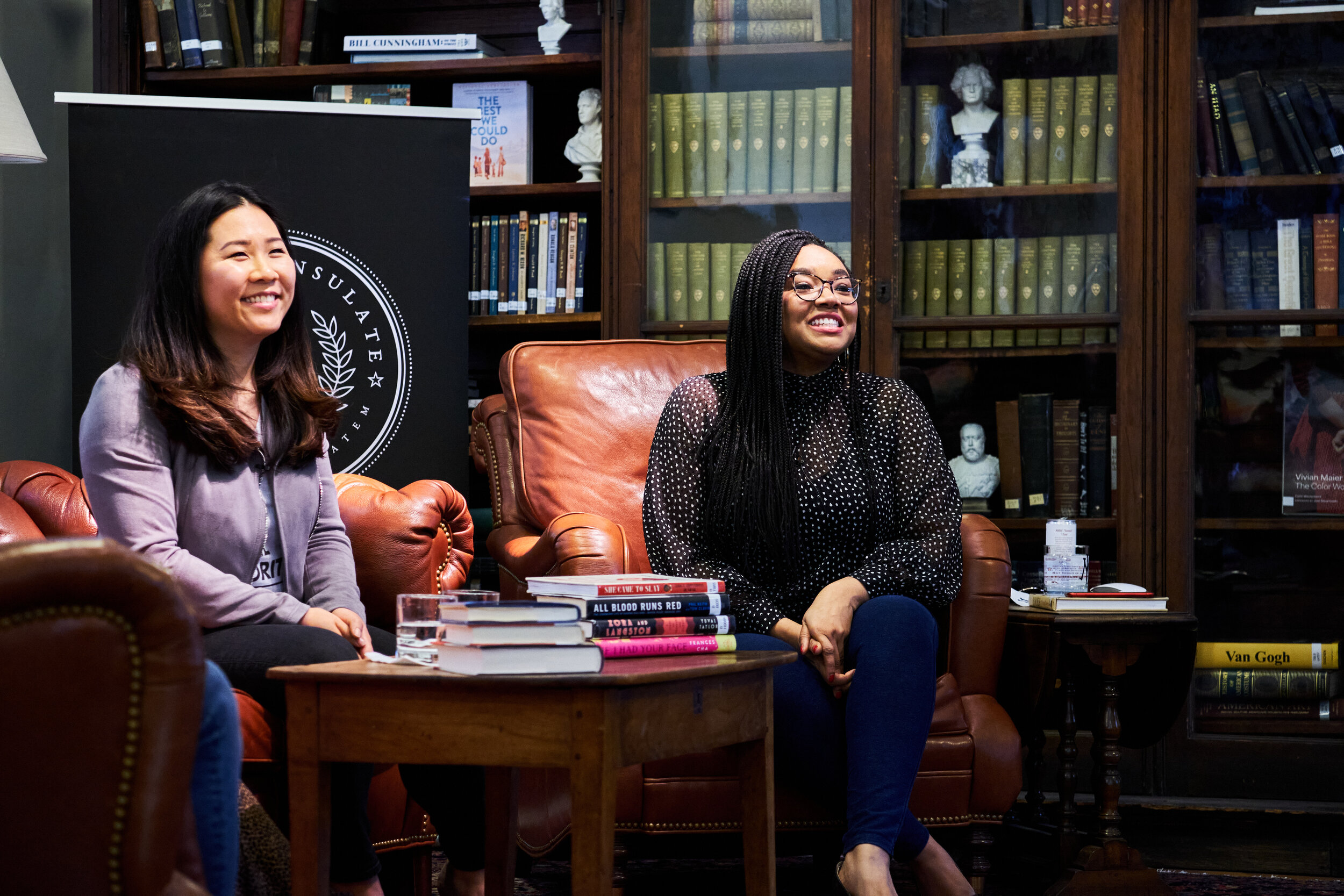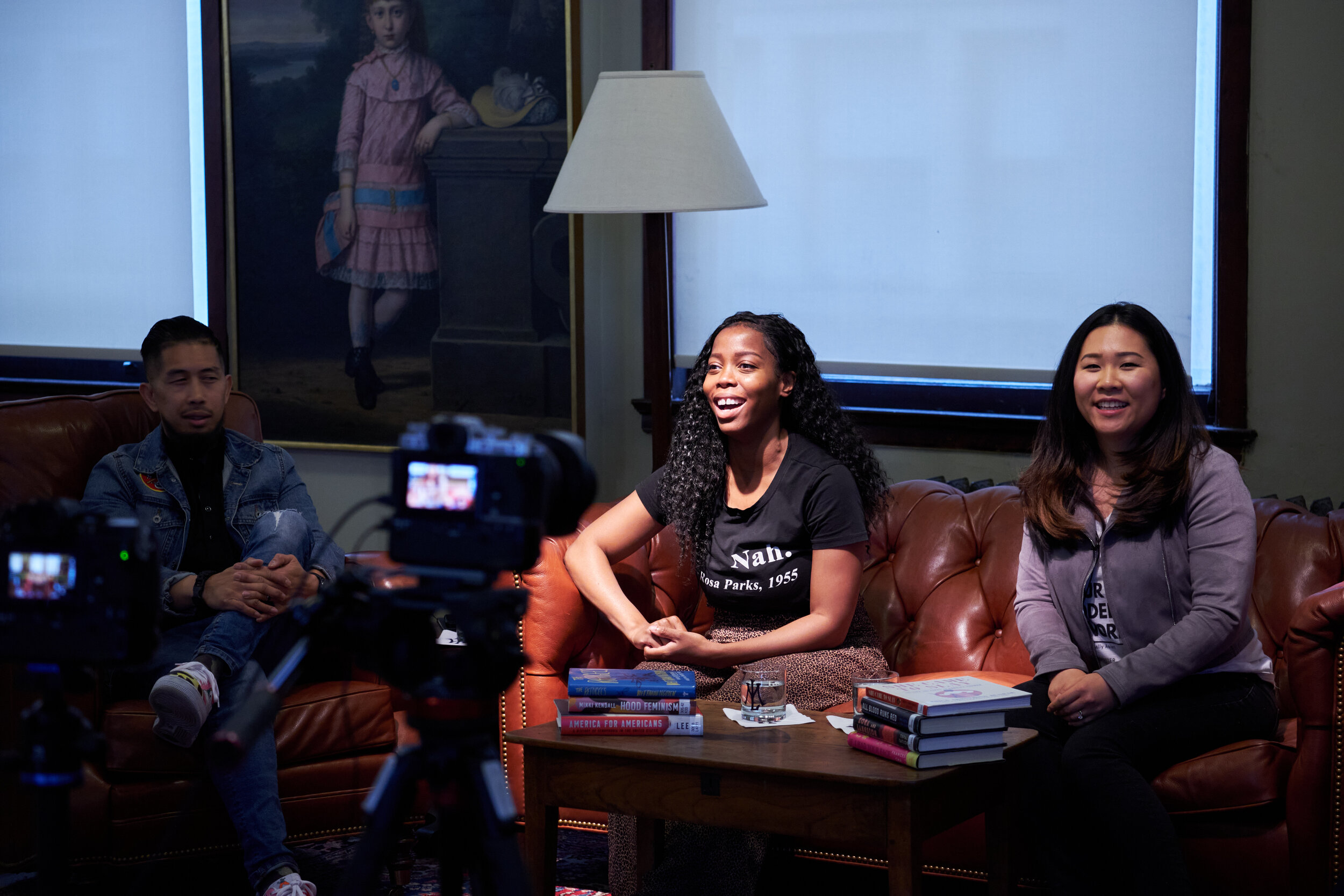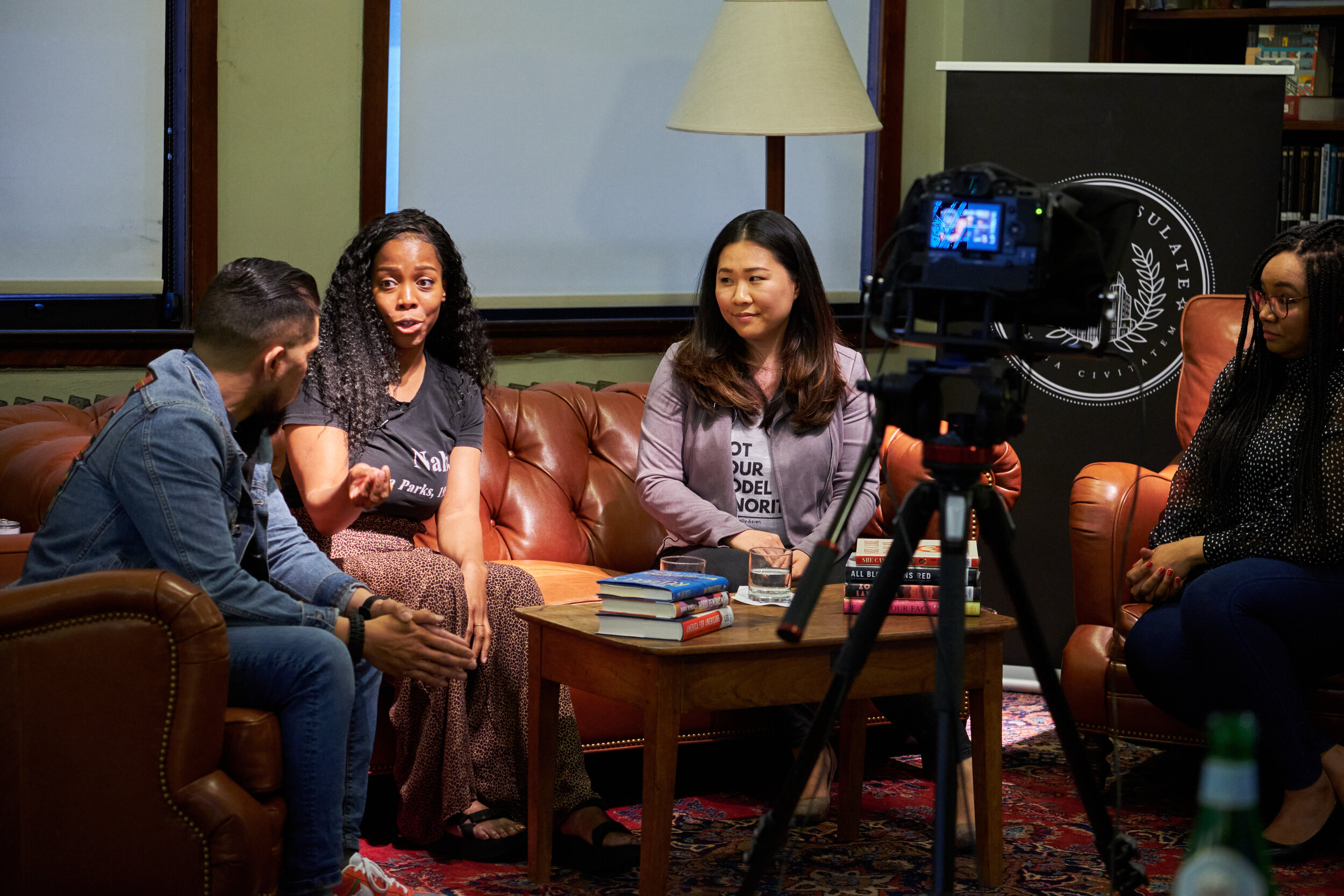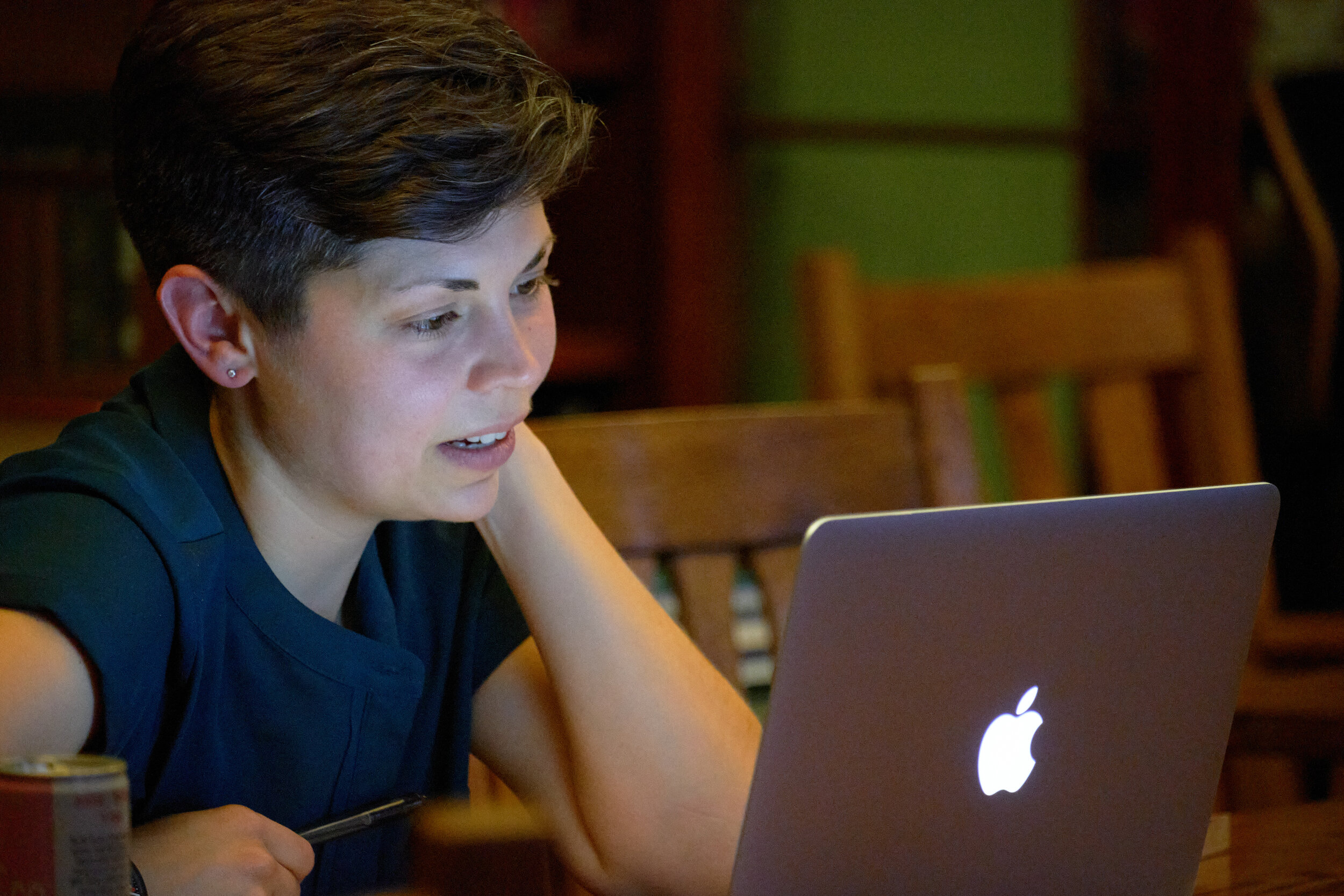How can we build cross-racial solidarity?
Takeaways from a Conversation AMONG FRIENDS about IdentitY & Healing
Video by JP Leong & Yemi Oyediran. Photography by Hannah Kenney.
Black Lives Matter. Stop Asian Hate. These two public movements are shaping an era of grassroots advocacy as news headlines make their way into dinner table discussions across America. But relationships on a personal level, with the opportunity for curiosity and candor in trusted friendships, have their own power to change communities as well.
On May 10, Urban Consulate Cincinnati co-hosts Naimah Bilal and Megan Trischler — together with Afrochine and the Asian American Cultural Association of Cincinnati — welcomed 178 registered guests from across the country to participate in a virtual conversation livestreamed from The Mercantile Library. The program was one of many public events offered around the city for Asian Pacific American Heritage Month.
Sitting together in real space for the first time since COVID (thanks to vaccines!), the evening’s featured guests were three friends who have built deep personal relationships across racial divides – attorney Angela Jo White, founder of DebatABLE; Ronnie Iquina of AACAC & NAAAP; and Urban Consulate Cincinnati’s Sulin Ngo, who also organizes with OPAWL.
Host Naimah Bilal opened the evening by offering a context-setting quote:
“Black Americans and Asian Americans have been intentionally bound within the system of white supremacy and forced to compete with one another in staking our claims to citizenship and belonging in this country.”
— Aaliyah Bilal, writer & artist
“So, if we’re indeed bound together by a system designed to divide us,” continued Bilal, “what does solidarity look like that stands to shatter relational bonds forged in such a poisoned setting? What is the everyday interior reality of Asian and Black relationships that support creation of new bonds of love, shared vision for equity for all, and a recognition that our liberation is bound together?”
Some excerpts from the evening’s discussion:
The Shaping of Personal Racial Identity
Ronnie Iquina’s identity as a Filipino evolved from being a defense mechanism in school – standing his ground against racist slurs – to a community he actively pursued in college. But even so, living in the Midwest was isolating. “In Cincinnati, often times it’s Black or it’s white, and Asians kind of sit in the background like, ‘Where do we fit in?’” said Iquina.
Growing up in Alabama, Angela Jo White was made aware of her Blackness at a very young age. “We all have to find ourselves and understand who we are before we can even talk about creating coalitions between our communities,” said White.
For Sulin Ngo, trying to embody the model minority myth was an act of survival – until a college professor helped her see other possibilities. “It’s been a real journey to where I can come before you and say, ‘I am not your model minority.’ This is who I am, I belong here, and this is my space,” said Ngo.
Building Cross-Racial Relationships
Ngo and White’s friendship was a connection forged through food and trust. Ngo opened the door to her home and introduced her to cultures outside of the Black-white dichotomy. Similarly, White held space for Ngo to learn. “We're not comfortable being uncomfortable. But when I'd approach Angela, she would listen,” said Ngo.
For those without friends of different races, Iquina recommends exploring different cuisines, music, art and cultural expression to elevate and expand our mindsets. "As agents of change, we need to be proactive in reaching out to different people," he said.
Learnings for Coalition-Builders
"White supremacy impacts us all,” said Ngo. “The model minority myth doesn't protect us. What impacts Black Americans, impacts us [Asian Americans]. It benefits white supremacy to keep us divided. Push past the discomfort and be vulnerable with someone you don't know.”
“Nowadays people complain about everything, said Iquina. “I often think to myself, like what are you doing to do? So I challenge people to come out to a Consulate event, or come to the community rally in response to hate. Just be present. Then from there, take steps for your journey.”
“What I want people to recognize is that we all have a role we can play in building coalitions amongst ourselves,” said White. “Although our fight may feel different, it is the same: We're all looking to break down the walls of white supremacy.”
Reflection & Discussion
The trauma inflicted by white supremacy on Black and Asian communities is not easily resolved, as demonstrated by some challenging comments in breakout dialogue. But as our guests discussed and modeled, creating change may start with simple acts – like building relationships across racial lines.
During breakout dialogue, co-host Megan Trischler invited participants to reflect on the following questions. What arises for you?
What narratives might you be presently holding that reinforce a stereotype?
How did this conversation spark new awareness in you?
Are there any ways that you are feeling compelled to act or respond based on what you heard?
Continue the Conversation
As a next invitation to gather, AACAC invited Urban Consulate friends to join the Asian Pacific American Heritage Month Closing Party on Sunday, May 30, 4-8pm, at Five Points Alley in historic Walnut Hills, with food by Mahope & music by Daybreaker Trio. Co-hosted by Cincy Nice Social House. Hope to see you there!
Special Thanks
Deep gratitude to bassist, composer & teacher Steven Shinji Whipple who joined remotely from New York City to perform an original work inspired by a personal experience with exclusion. And much appreciation to JP Leong and Yemi Oyediran of Afrochine for encouraging this conversation and producing our first post-COVID hybrid IRL/virtual program. (Phew!)
____
Urban Consulate brings people together to share ideas for better cities. In Cincinnati, monthly salons are hosted by Naimah Bilal and Megan Trischler in partnership with Afrochine, The Mercantile Library and the Carol Ann & Ralph V. Haile, Jr. Foundation. For past & future conversations, click here.
